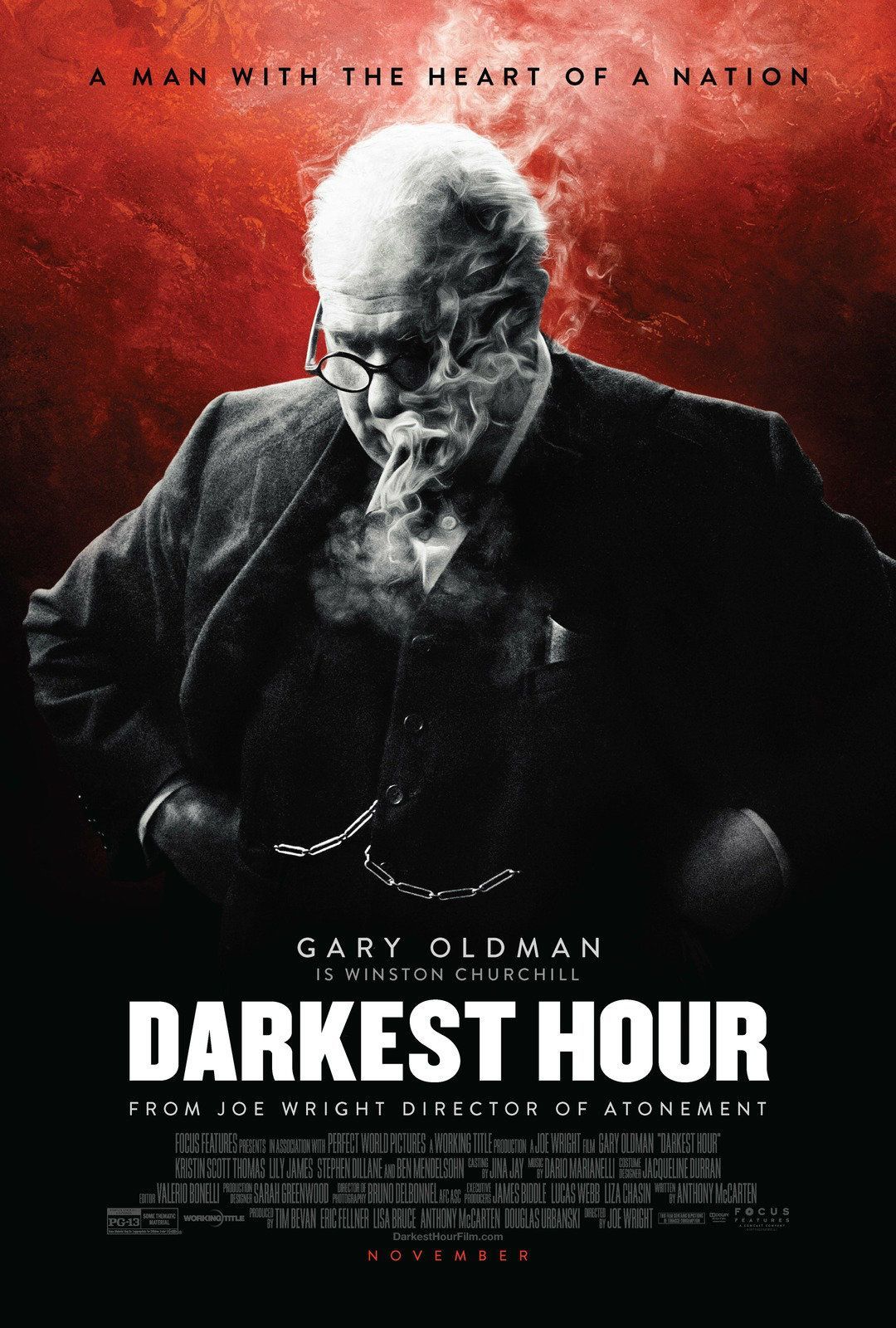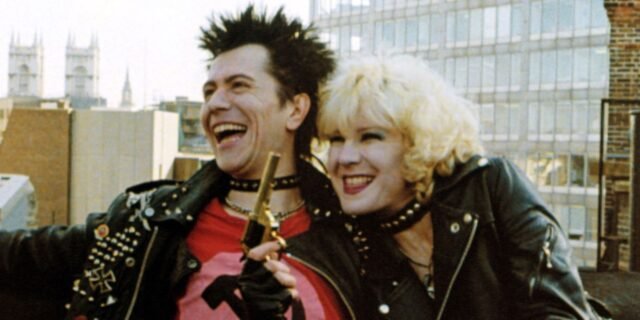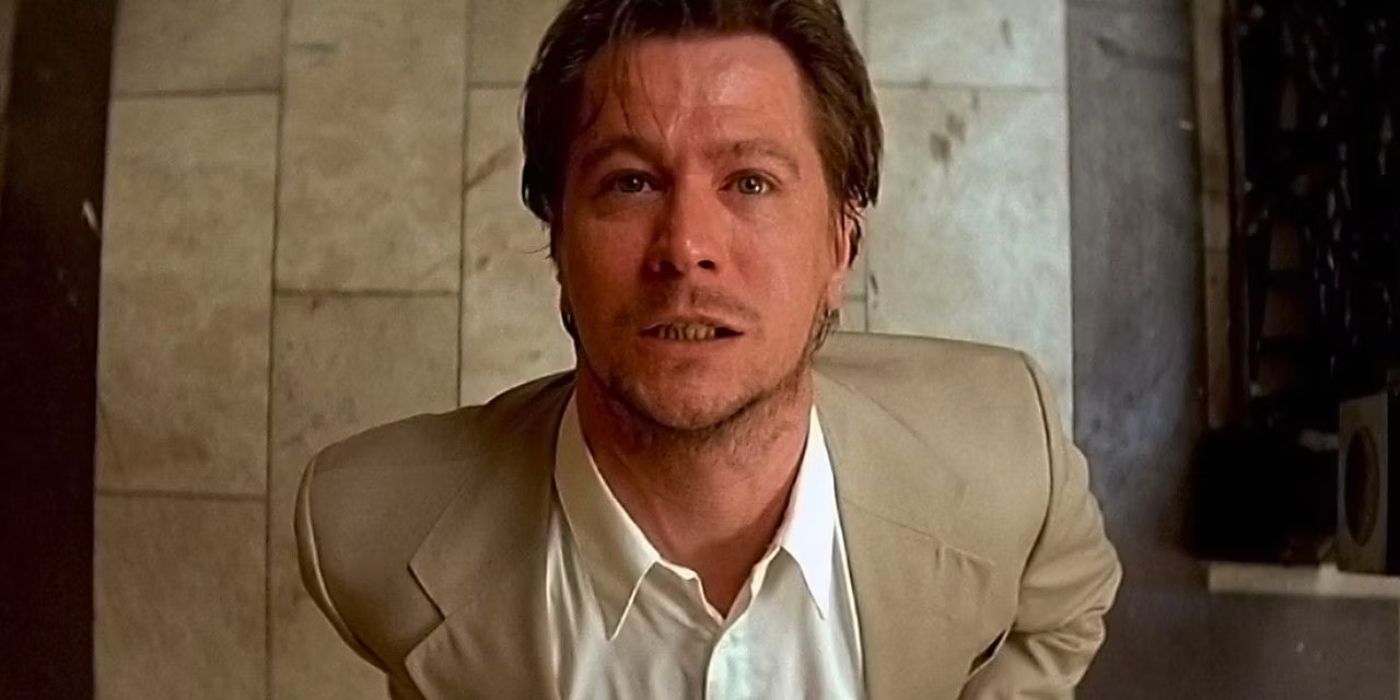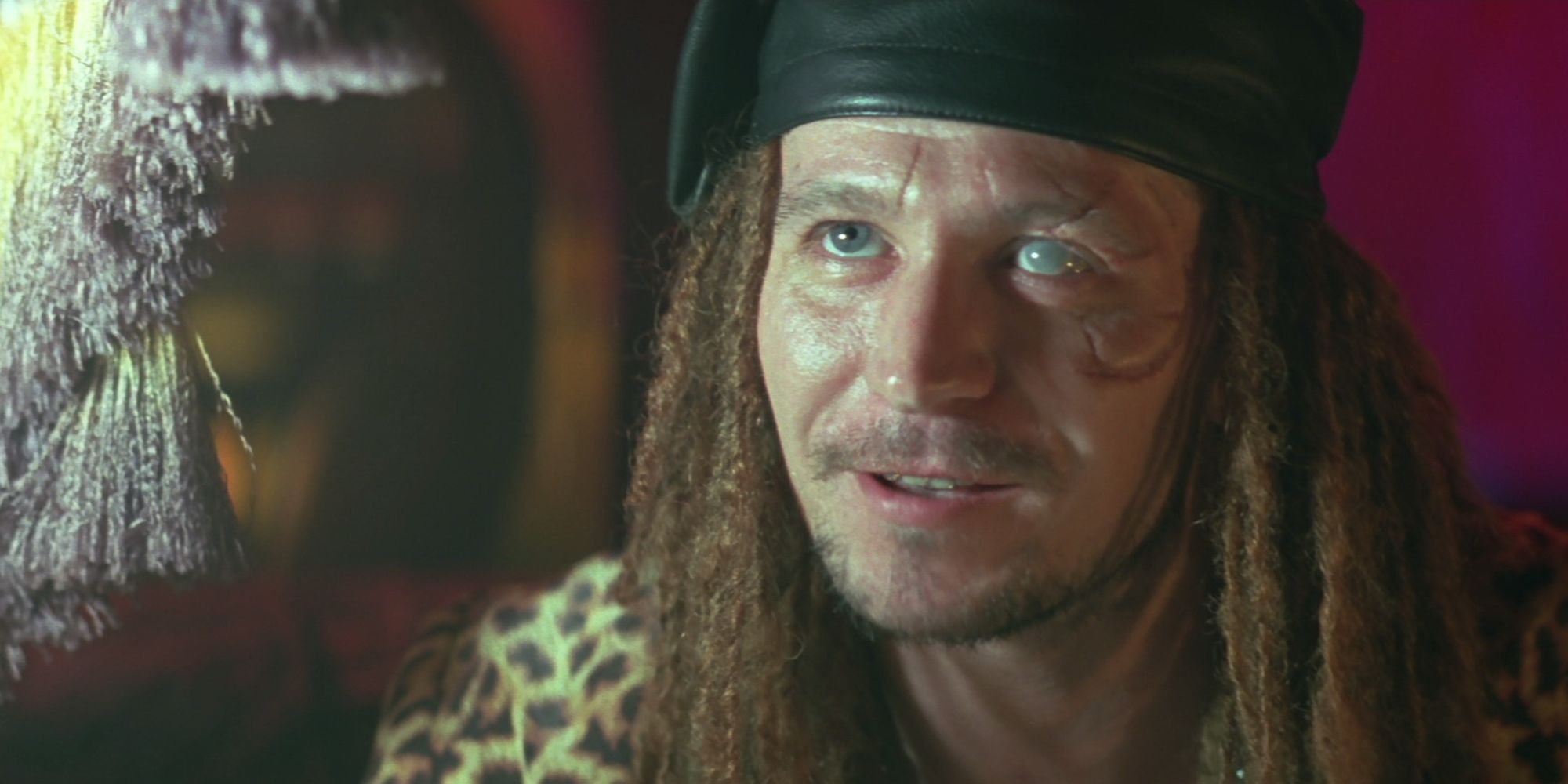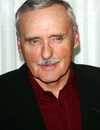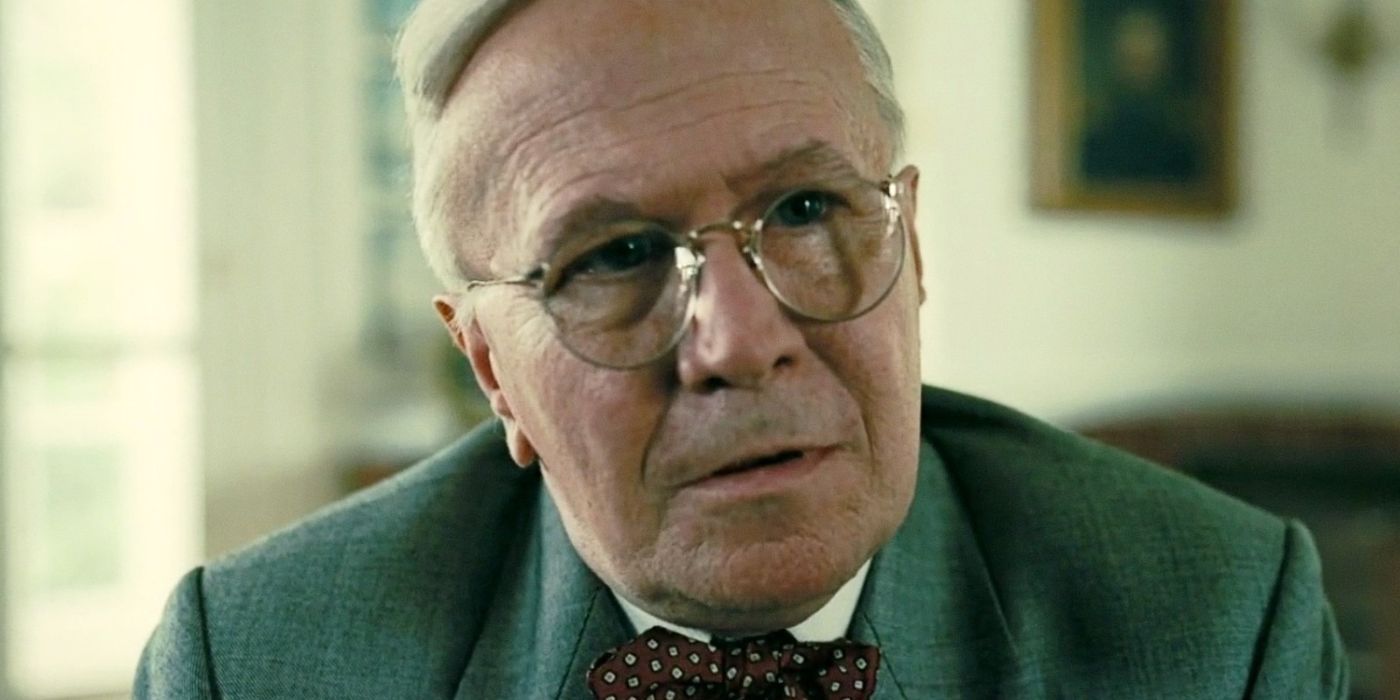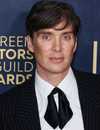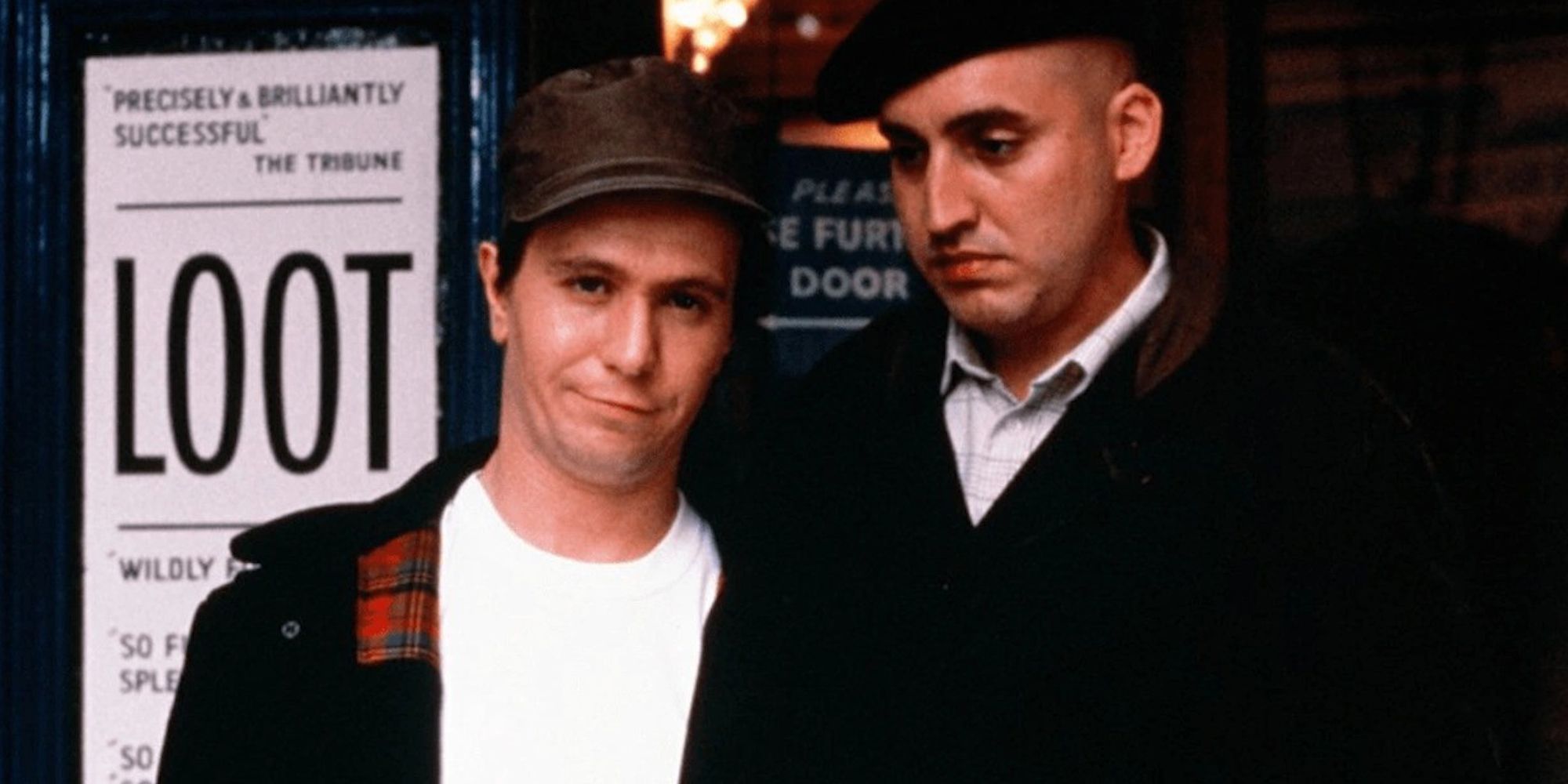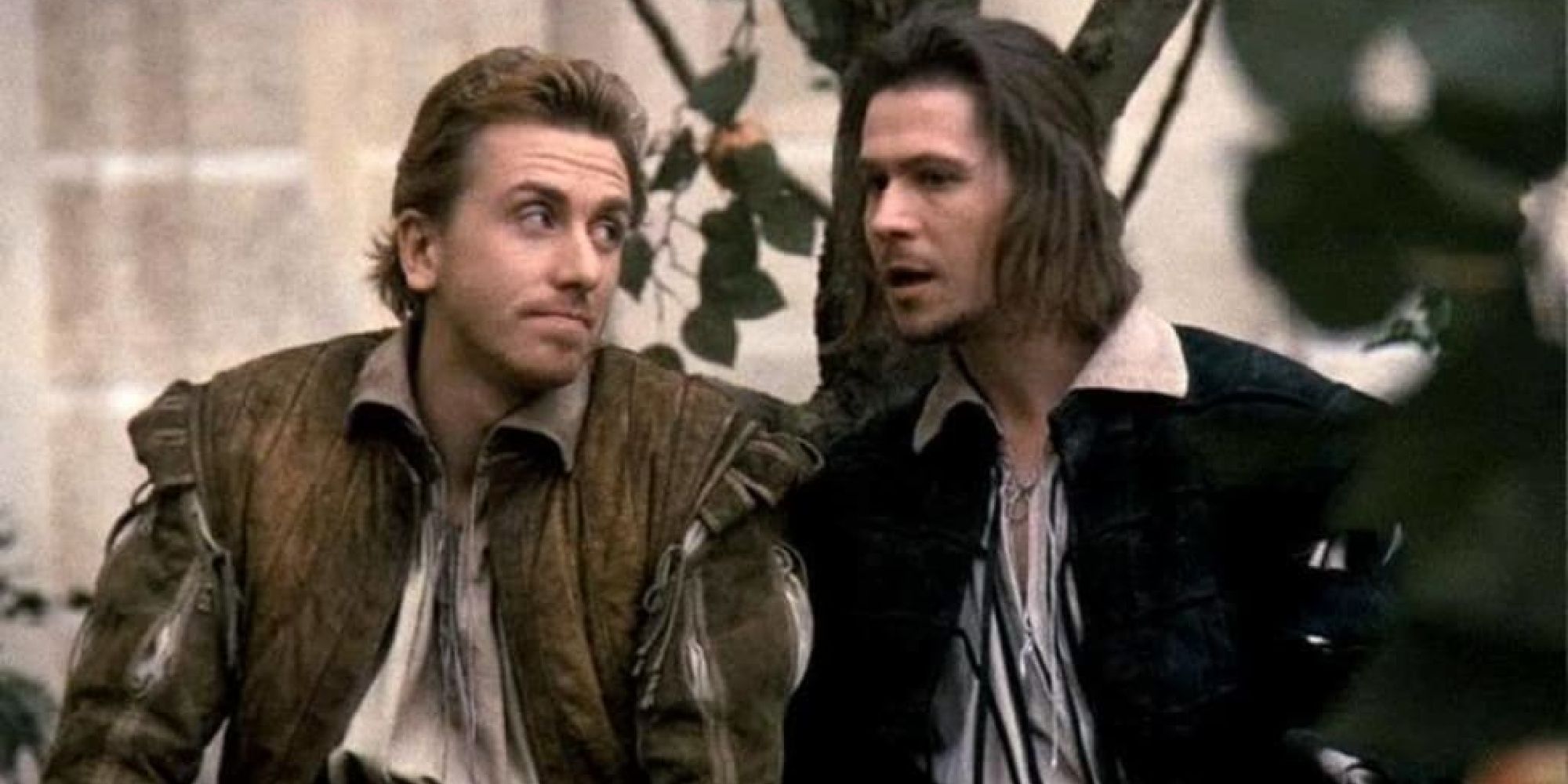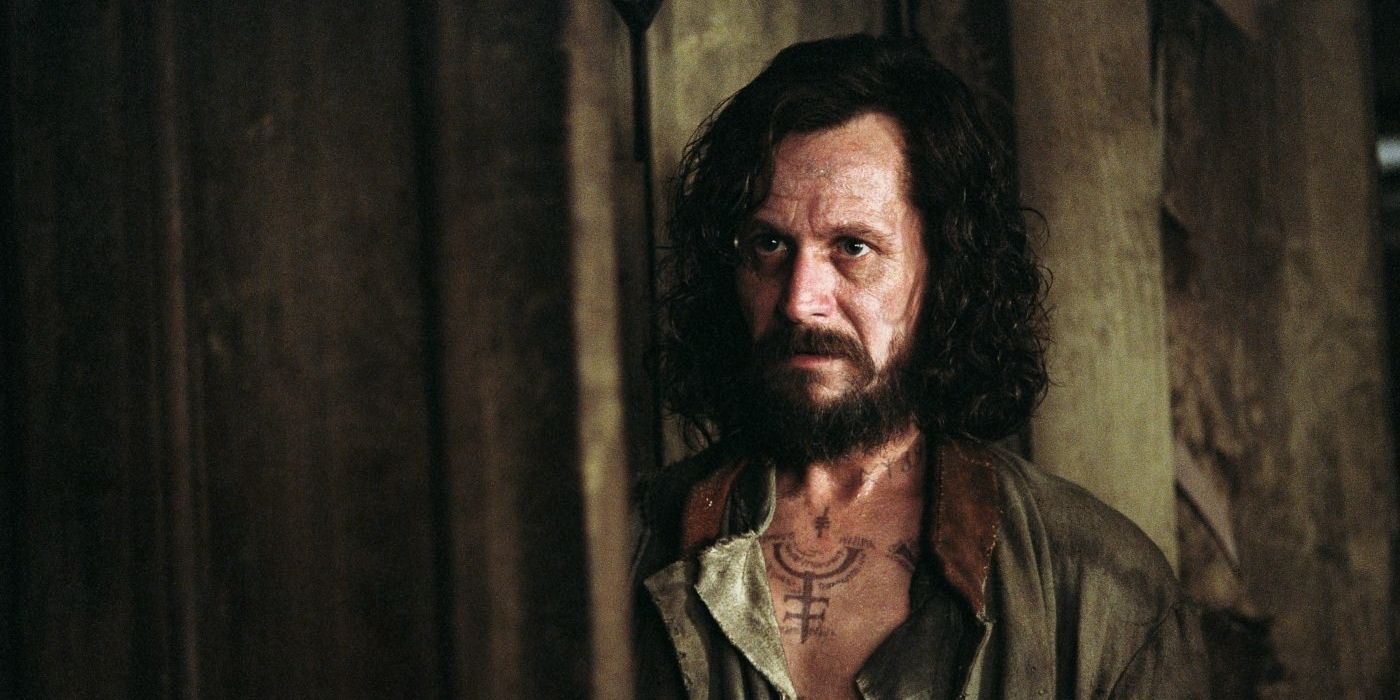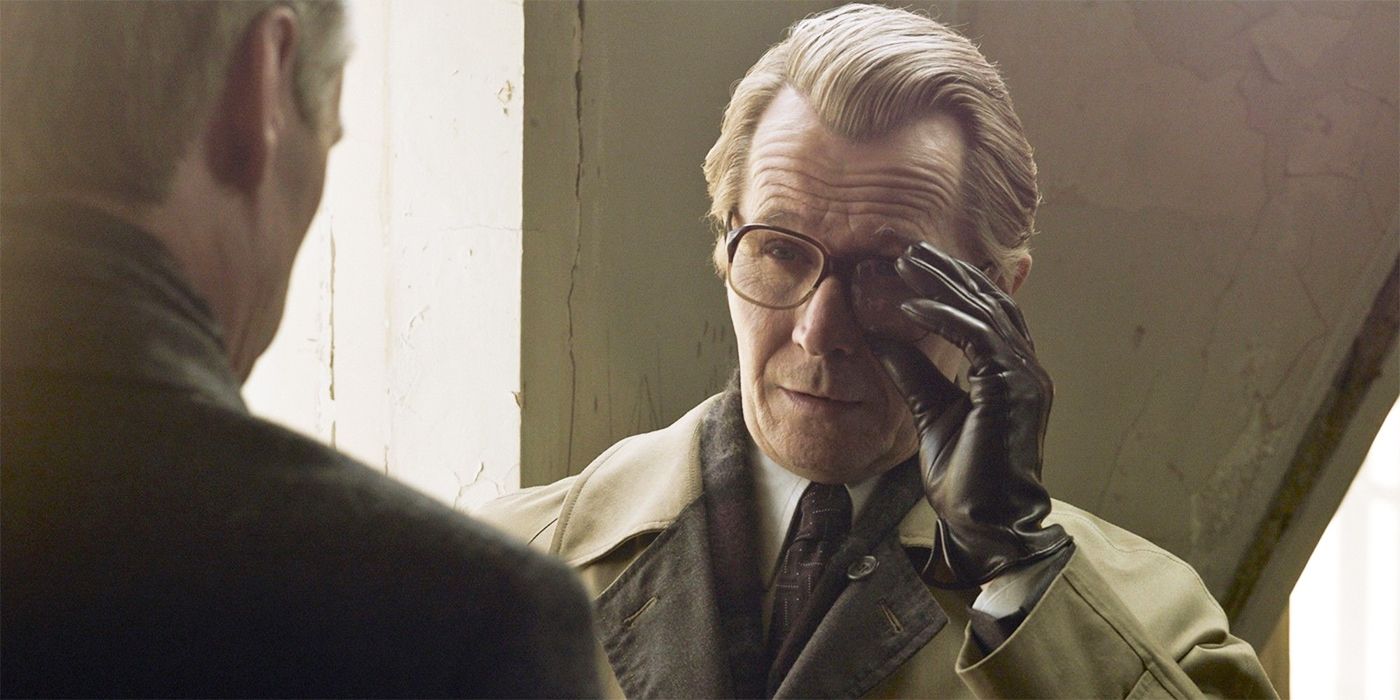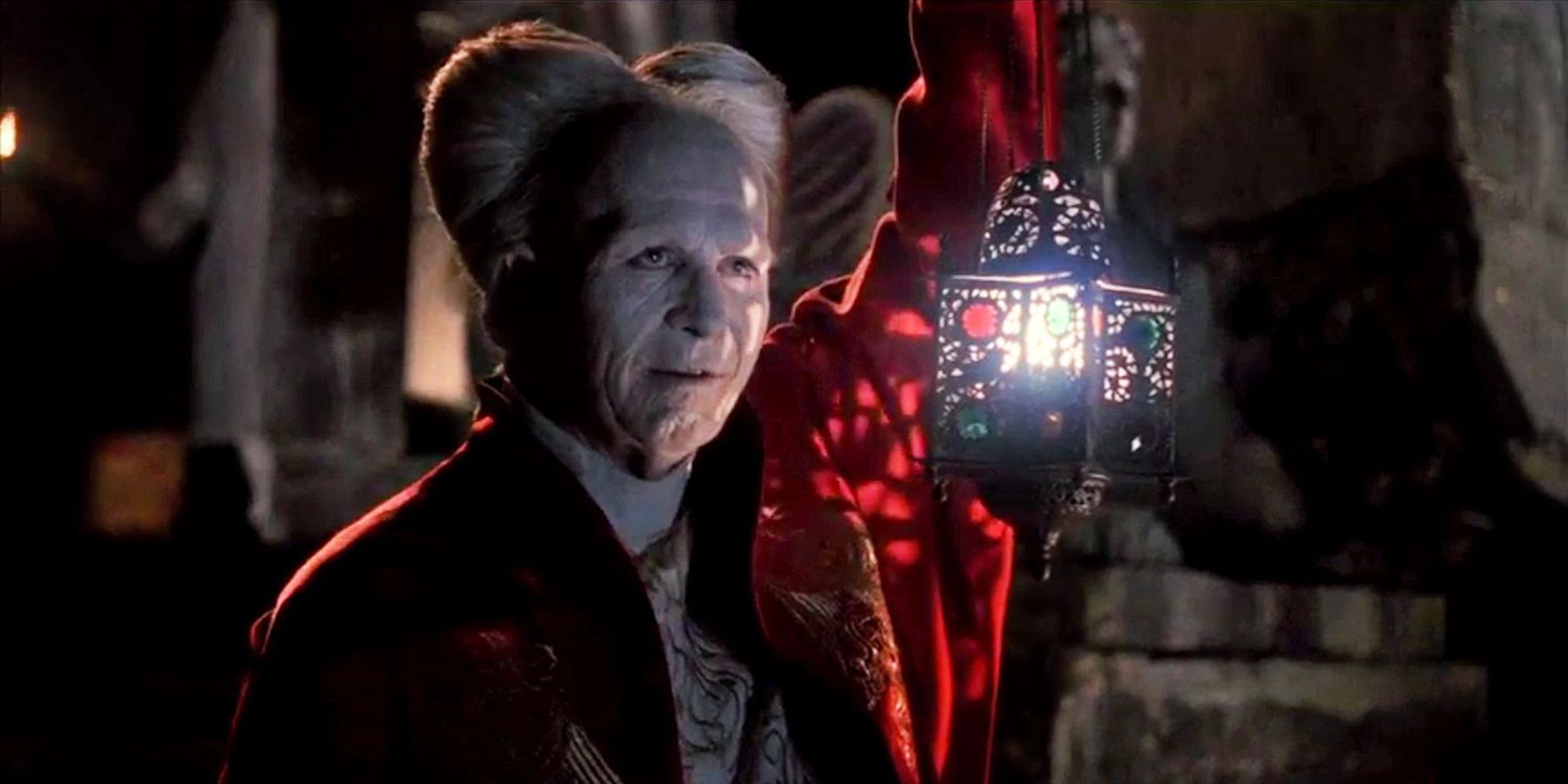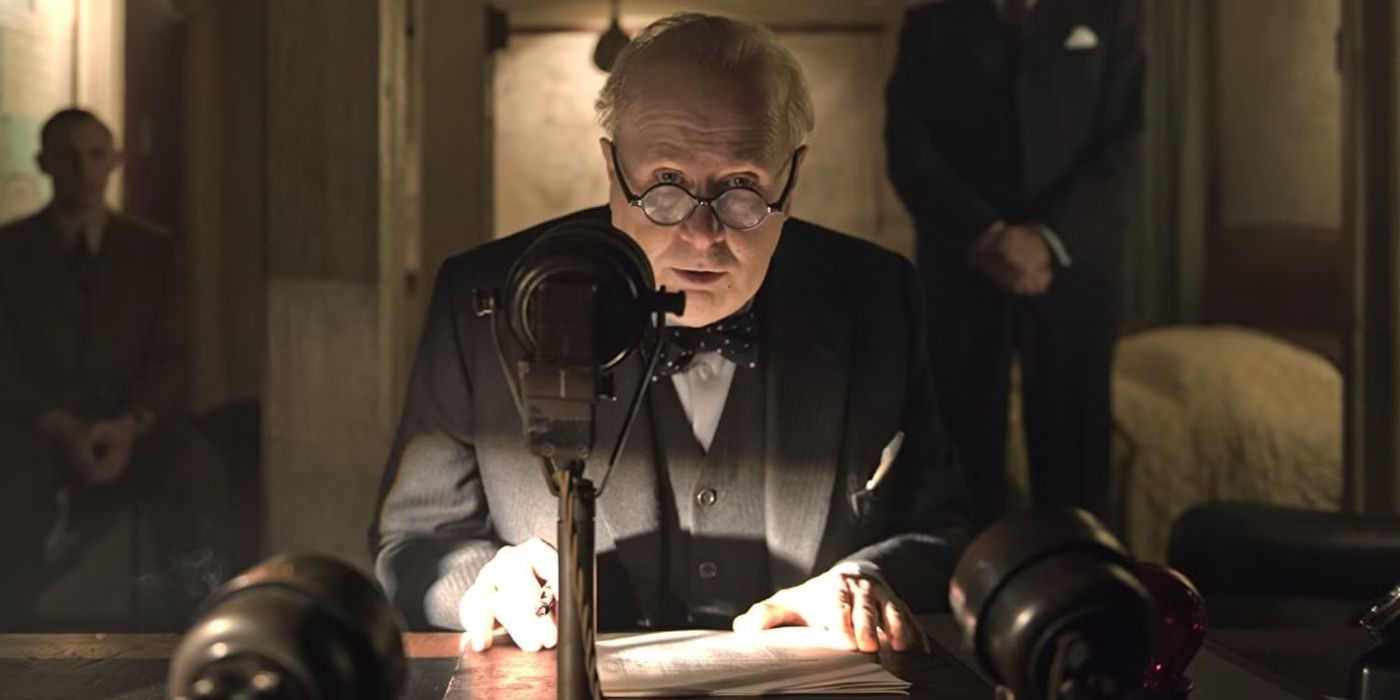Gary Oldman is a chameleon. Over four decades, he’s disappeared into villains, geniuses, punks, spies, and everything in between, always with a level of intensity that somehow never burns out. Some actors have range. Oldman has a galaxy. Whether he’s snarling through a pair of fangs or whispering his way through political intrigue, his performances always crackle with life and contradiction.
In other words, he’s one of the finest character actors of his generation. With this in mind, this list looks at the films where Oldman either stole the show or anchored it. Here you’ll find blockbusters, art-house experiments, and the kinds of roles most actors would kill for (or run from).
10
‘Sid and Nancy’ (1986)
Directed by Alex Cox
“Never trust a junkie.” This is the film that introduced Oldman to the world, and what an entrance. In Sid and Nancy, he plays Sid Vicious, the doomed bassist of the Sex Pistols. The film charts Sid’s relationship with Nancy Spungen (Chloe Webb), a toxic love story that ends in tragedy. Oldman plays the part with a volatile mix of swagger, vulnerability, and spiraling self-destructiveness.
With this role, Oldman set the tone for a career that would defy easy categorization. More importantly, he made people take notice. His performance is a study in collapse, filled with erratic charm, desperation, and a rawness that’s hard to shake. Even when the film indulges in punk mythology, Oldman keeps things grounded in human pain. The result is a movie that goes way beyond conventional ‘rock biopic’ territory, ending up as a straight-up nihilistic howl. It’s one of the best movies about the punk era.
9
‘The Professional’ (1994)
Directed by Luc Besson
“Bring me everyone… EVERYONE!” Rarely has chaotic evil been played with such relish. In The Professional, Oldman cranks the dial to 11 as corrupt DEA agent Norman Stansfield, a man who pops pills like candy and slaughters families with icy calm. He’s unpredictable, theatrical, and utterly terrifying, yet impossible to look away from. This is Oldman at his most unhinged, chewing scenery and injecting venom into every line. Here, he balances menace with an almost operatic flair.
Against the stoic cool of Jean Reno and the tragic innocence of young Natalie Portman, Oldman is a tornado. The film may center on hitmen and found families, but it’s Oldman’s lunatic energy that leaves the deepest mark. This is very much a case where the villain steals the show. Where the other actors are restrained and realistic, Oldman is gleefully over-the-top, turning in one of the most memorable psychopath performances ever.
8
‘True Romance’ (1993)
Directed by Tony Scott
“I’m still a mystery to myself.” It’s a brief role, but one that burns a hole straight through the film. In True Romance, Oldman is Drexl Spivey, a dreadlocked, scarred-up pimp with gold teeth, a shotgun, and the explosive confidence of someone who’s completely lost his mind. He’s only in one real scene, but it’s unforgettable; violent, deranged, and weirdly charismatic. Oldman vanishes so completely into Drexl that it takes a second to even recognize him.
It’s an impressive feat. With just a few minutes of screen time, he builds an entire backstory out of physicality and menace. Written by Quentin Tarantino and directed by Tony Scott, the movie is packed with big personalities, but Drexl lingers long after the dust settles. It’s one of Oldman’s strangest and most daring performances, proof that even a cameo can become legendary in the right hands. If only he’d got the chance to work with Tarantino again; he practically sings the director’s dialogue.
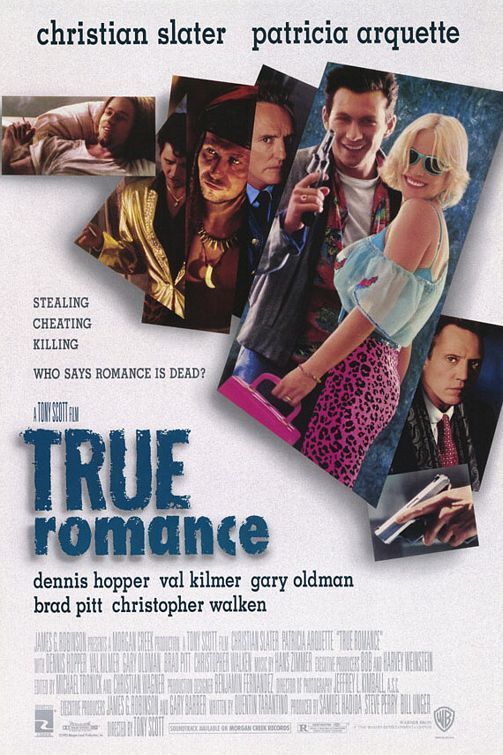
7
‘Oppenheimer’ (2023)
Directed by Christopher Nolan
“Mr. President, I feel I have blood on my hands.” Again, it’s just one scene, but what a scene. In Oppenheimer, Oldman appears almost unrecognizable as President Harry S. Truman in a brief but blistering exchange with Cillian Murphy‘s anguished J. Robert Oppenheimer. With only a few minutes of screen time, Oldman delivers one of the most devastating moments in the film, portraying Truman as blunt, dismissive, and frighteningly pragmatic. His performance distills an entire worldview into a few words and a cold shoulder.
Specifically, Truman is annoyed by Oppenheimer’s guilt. The president feels that he, not the scientist, is the one responsible for Hiroshima and Nagasaki. Apparently, this exchange between the two men was factual, based almost exactly upon the accounts of people who were there in the Oval Office. This isn’t a showy role, but it’s a testament to Oldman’s ability to reshape a scene’s gravity with sheer presence.
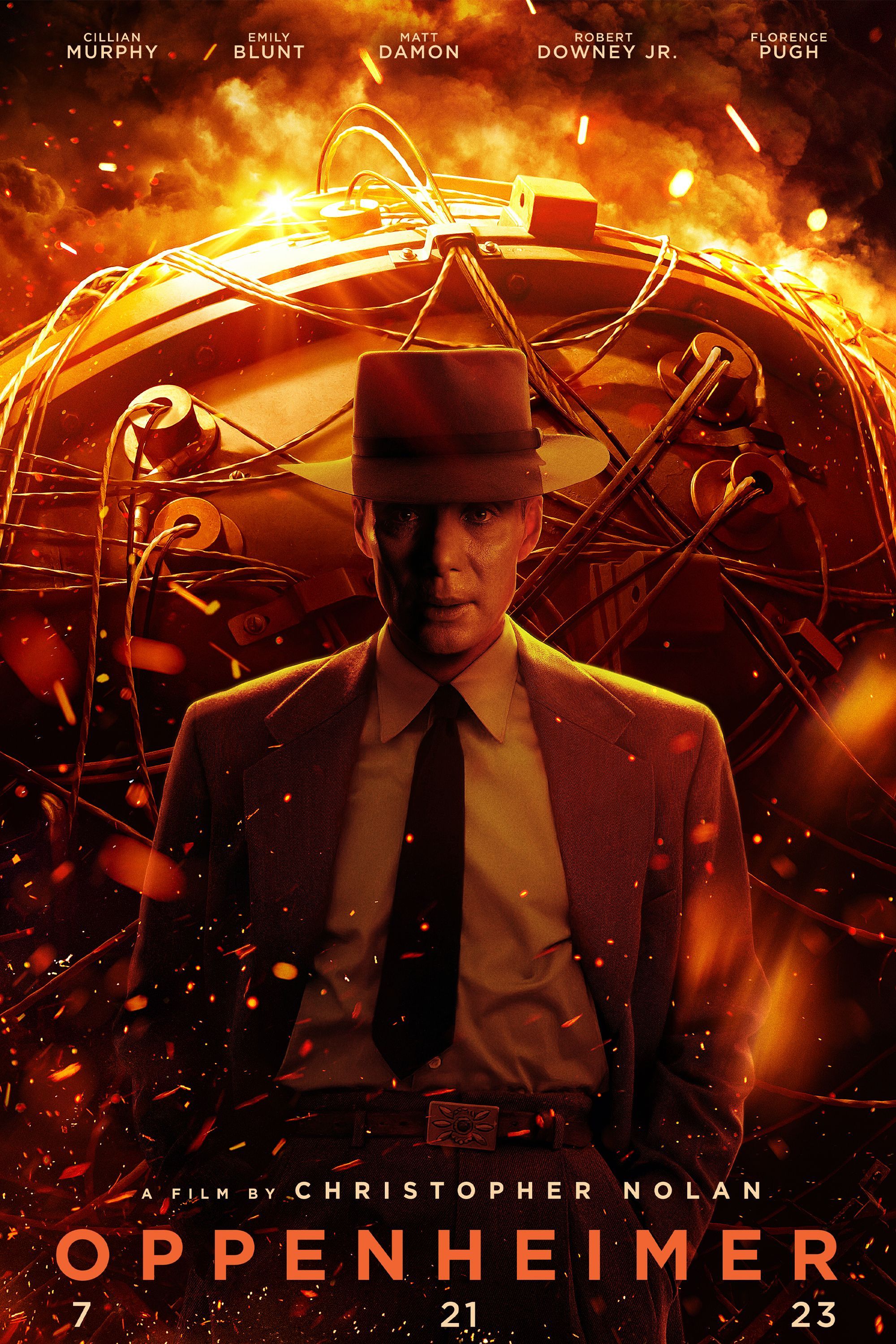
6
‘Prick Up Your Ears’ (1987)
Directed by Stephen Frears
“You can’t help being clever, can you?” In one of his earliest (and most fearless) roles, Oldman plays British playwright Joe Orton, whose sharp tongue, sexual freedom, and incendiary relationship with partner Kenneth Halliwell (Alfred Molina) ended in murder. Prick Up Your Ears is part dark comedy, part intimate tragedy, and Oldman navigates that tightrope with dazzling skill. He captures Orton’s wit and charisma, but also the darker undercurrents that haunted his life.
Directed by the great Stephen Frears (the brains behind The Queen and Philomena), the film never moralizes. Instead, it allows Oldman and Molina to explore the friction and intimacy of a deeply unhealthy relationship. Long before he was cast in epic biopics or studio blockbusters, Oldman proved he could carry a film on raw talent and emotional depth alone. This is one of his most underrated turns, and one of his finest. It’s a performance that refuses to simplify. Charming, dangerous, and complex.
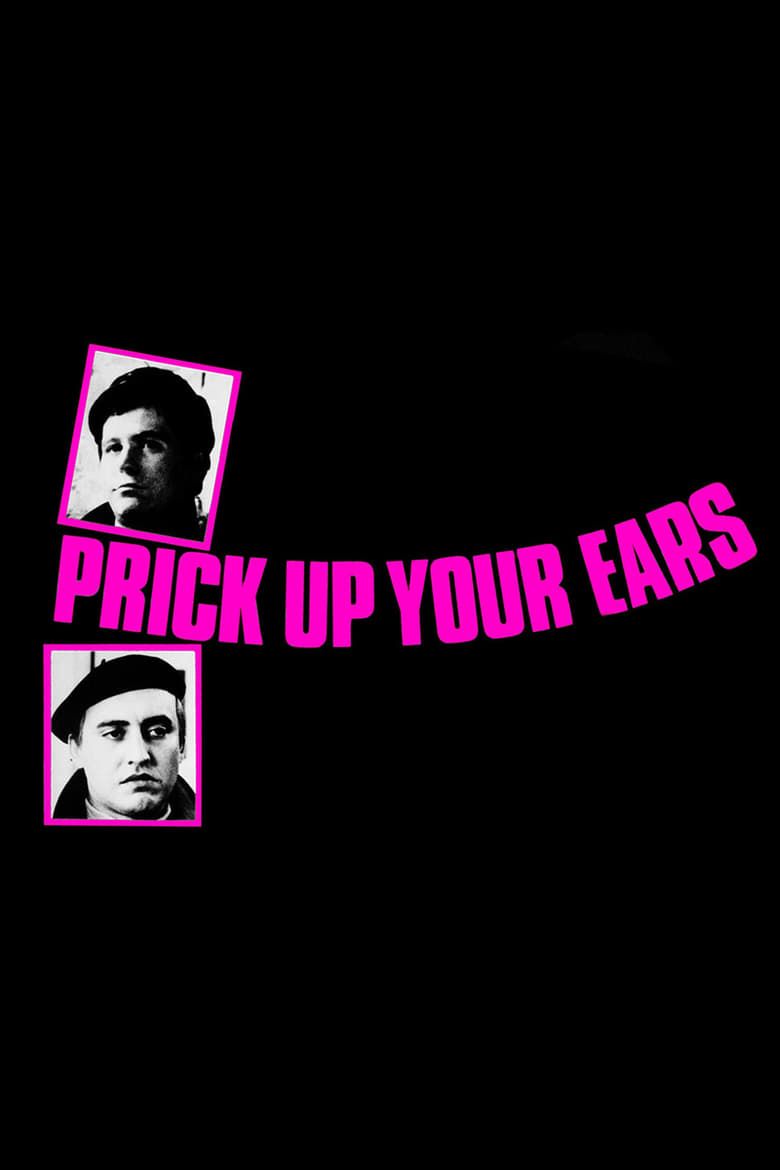
Prick Up Your Ears
Release Date
April 17, 1987
Runtime
111 minutes
-

Alfred Molina
Kenneth Halliwell
-

-

Vanessa Redgrave
Peggy Ramsay
-
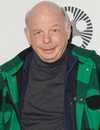
5
‘Rosencrantz & Guildenstern Are Dead’ (1990)
Directed by Tom Stoppard
“Eternity is a terrible thought. I mean, where’s it going to end?” In this brainy, absurd, and existential Shakespeare riff, Oldman plays Rosencrantz opposite Tim Roth‘s Guildenstern, two minor Hamlet characters thrust into the spotlight. Directed by Tom Stoppard himself, the film adapts his own play into a cerebral comedy about fate, free will, and the meaninglessness of it all. It’s like an Elizabethan age Waiting for Godot.
Oldman’s Rosencrantz is dim but endearing, providing a vital emotional anchor to a film that might otherwise float into pure philosophy. His physical comedy is on full display, too. Oldman tosses coins, fumbles logic, and clowns with remarkable grace, but there’s also a poignant undertow to his confusion. The film’s wordplay can be dizzying, but Oldman keeps it human. It’s one of his most unusual roles, and one that proves how funny he can be when the script lets him off the leash.
4
‘Harry Potter and the Prisoner of Azkaban’ (2004)
Directed by Alfonso Cuarón
“I did my waiting! Twelve years of it! In Azkaban!” As Sirius Black, Oldman brings energy and emotional weight to The Prisoner of Azkaban, the third and arguably most stylistically bold film in the Harry Potter series. Initially introduced as a dangerous escaped convict, Sirius turns out to be one of Harry’s (Daniel Radcliffe) most important (and most heartbreaking) connections to his parents. Oldman portrays the character with a flickering instability, balancing tenderness with the scars of injustice and imprisonment.
There’s wildness in his eyes, but also a fierce, almost paternal love. He’s a man who’s lost everything, but still reaches out. It’s to Oldman’s credit that he makes both stories about Sirius, the criminal and the devoted friend, seem plausible. Not to mention, his dynamic with Radcliffe adds depth to Harry’s journey and provides one of the series’ most bittersweet arcs. Sirius isn’t around for long, but his presence lingers. In a world of wands and spells, Oldman makes grief feel real.
3
‘Tinker Tailor Soldier Spy’ (2011)
Directed by Tomas Alfredson
“It’s the oldest question of all, George. Who can spy on the spies?” This is perhaps Oldman’s most restrained and most haunting performance. As George Smiley, the unassuming but razor-sharp British intelligence officer, he barely raises his voice. He doesn’t need to. The whole film moves to his rhythm, a slow-burn unraveling of loyalty, deception, and Cold War weariness. Here, Oldman delivers a masterclass in understatement, conveying volumes through posture, silence, and the flicker of a glance.
Smiley is no action hero, but he’s the most dangerous man in any room. Surrounded by a stellar ensemble, Oldman stands out by doing less and meaning more. He rightly received an Oscar nomination for his efforts. It’s a role that rewards close attention, and a reminder of what real mastery looks like. Overall, while some fans might take issue with a few deviations from the source material, this remains one of the very best movies based on John le Carré‘s work.
2
‘Bram Stoker’s Dracula’ (1992)
Directed by Francis Ford Coppola
“I have crossed oceans of time to find you.” As Count Dracula in Francis Ford Coppola‘s lavish Gothic epic, Oldman is a romantic, a monster, a warrior, and a ghost. This is a performance that swings for the fences in every possible way, and Oldman meets the challenge with gusto. He gives Dracula pathos, menace, and theatrical flair, transforming from ancient demon to seductive nobleman to vengeful beast. It’s a majestic role, and Oldman throws himself into it with terrifying conviction.
Few actors could have made this work. The film could’ve easily tipped into camp, with its elaborate costumes, unhinged tone (and one or two bad accents). However, Oldman manages to balance out the zaniness with sorrow and sensuality. His presence is always magnetic, and his chemistry with Winona Ryder is surprisingly compelling. Overall, this may not be a subtle performance, but it isn’t supposed to be. It’s mythic, tragic, and utterly unforgettable.
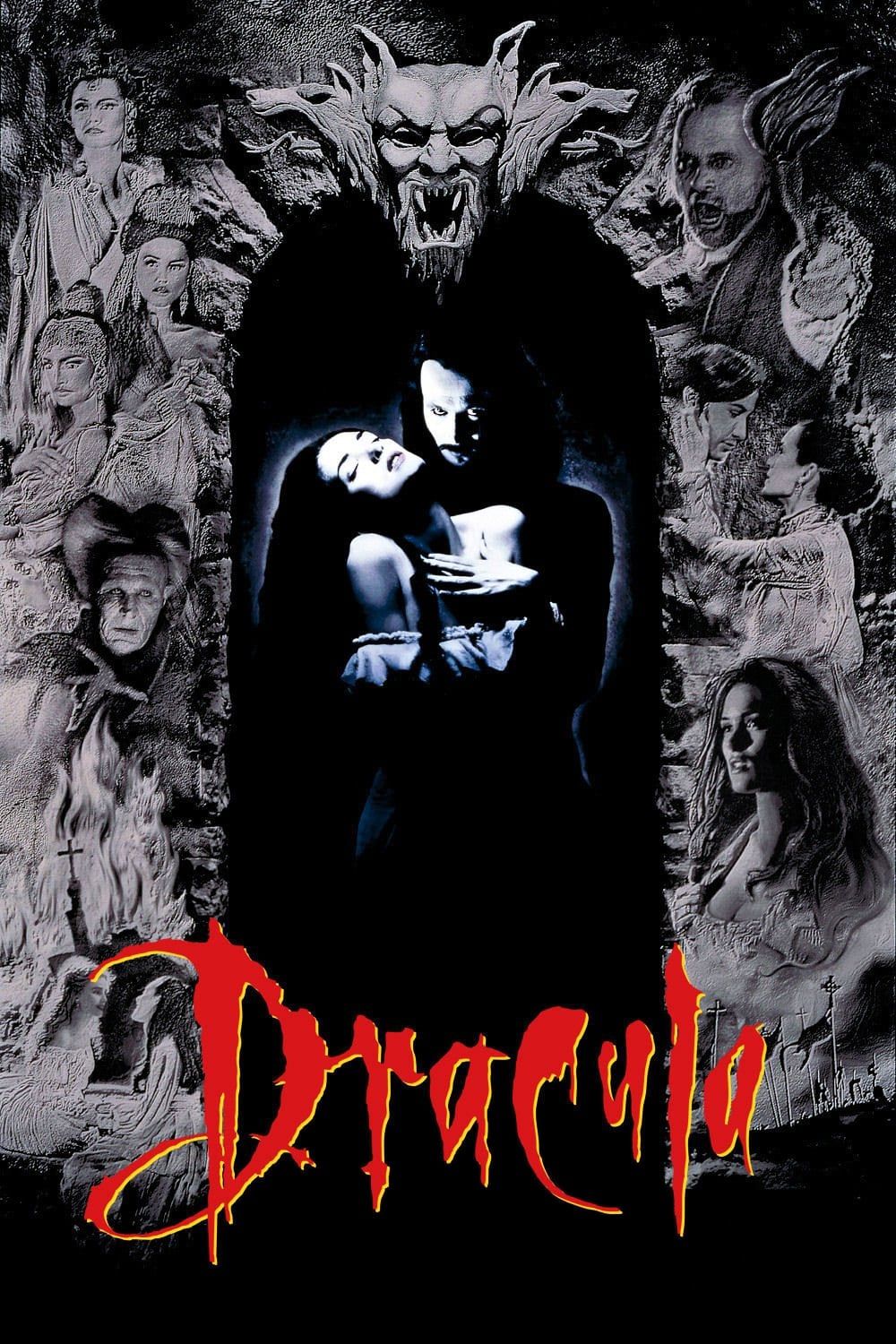
Bram Stoker’s Dracula
Release Date
November 13, 1992
Runtime
127 Minutes
-

-

Winona Ryder
Mina Murray / Elisabeta
1
‘Darkest Hour’ (2017)
Directed by Joe Wright
“You cannot reason with a tiger when your head is in its mouth!” In Darkest Hour, Oldman becomes Winston Churchill. Even while buried beneath prosthetics and makeup, he captures the Prime Minister’s bombast, insecurities, wit, and grit during the most crucial days of World War II. More importantly, he humanizes Churchill without softening his edges, showing both the burden of leadership and the will to shoulder it.
The film lives and dies on his performance, and he delivers a towering one, full of rhythm, thunder, and unexpected tenderness. Whether growling in Parliament or muttering to himself in private despair, Oldman finds the man beneath the myth. The Academy agreed, awarding him his first Oscar. In a career filled with wild transformations and dazzling risks, this one may be his most complete. In terms of the film itself, some historians have quibbled with the accuracy of certain scenes, but it undeniably feels true to the spirit and strain of that time, if not every exact detail.
